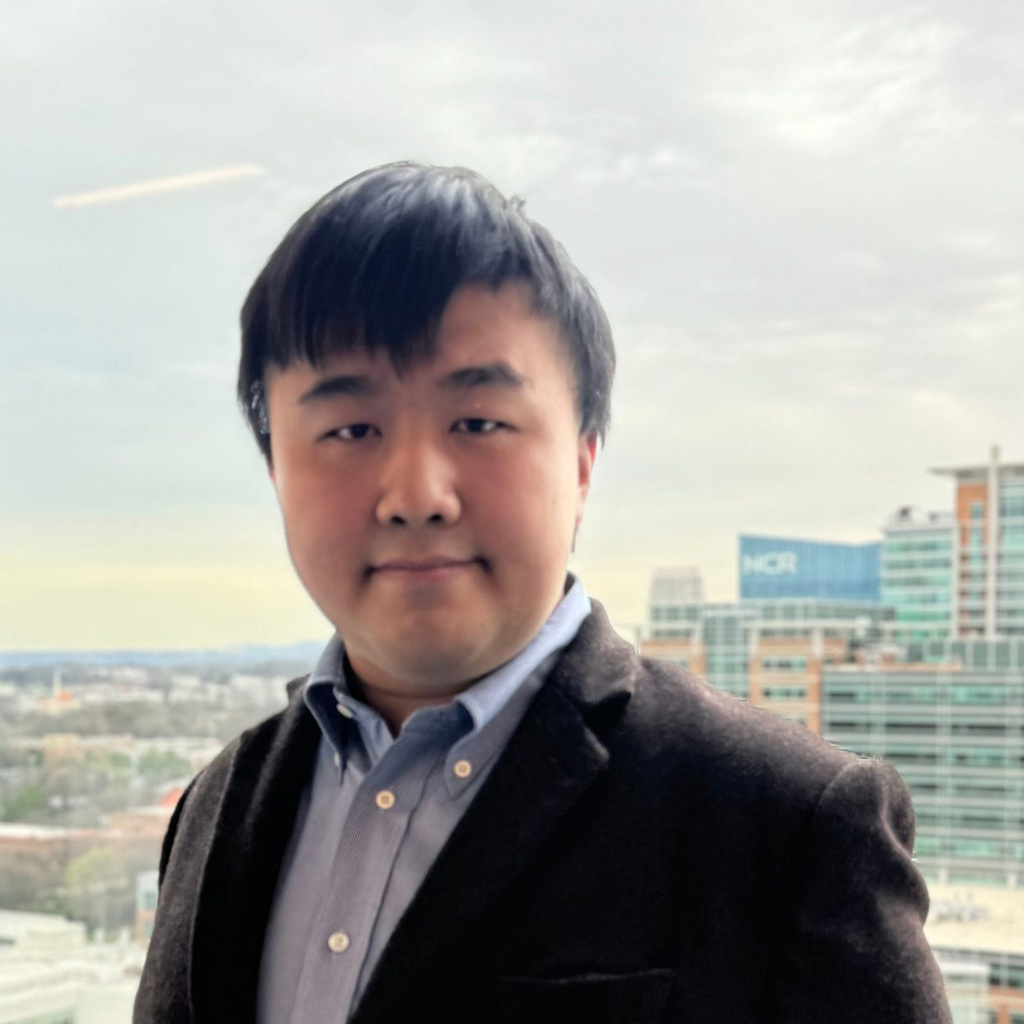
Speaker
Jiaming Cui, Ph.D., Virginia Tech
Abstract
Public health and clinical decisions are intertwined. Public health crises place a high burden on healthcare facilities, forcing them to make decisions such as maintaining quality verses treating more people. Meanwhile, sub-optimal clinical decisions also cause downstream effects on communities. For example, discharging patients too early may increase disease spread. Dr. Cui’s work brings a data-centric perspective to bridge clinical decisions within the context of infectious diseases for public health. His work addresses multiple challenges arising from effectively utilizing rich clinical datasets and issues stemming from the complexity of disease spread dynamics in healthcare facilities. This talk will cover methods developed to address these challenges with better-designed models to optimize disease surveillance and control policy and new techniques for end-to-end learning with mechanistic epidemiological models. There are new challenges and opportunities to be discussed in infectious diseases and pandemic response for computer scientists, epidemiologists, and computational biologists.
Bio
Dr. Jiaming Cui is an assistant professor in the Department of Computer Science and core faculty at the Sanghani Center at Virginia Tech. Previously, he was a postdoctoral research associate at the Biocomplexity Institute at the University of Virginia. His research aims to bridge artificial intelligence (AI) with clinical decisions and focuses on machine learning (ML), data mining, scientific modeling, and public health. He has published in leading science journals and top computer science venues such as Proceedings of the National Academy of Sciences (PNAS), Scientific Reports, Neural Information Processing Systems (NeurIPS), International Conference on Machine Learning (ICML), and the Association for the Advancement of Artificial Intelligence (AAAI), and has organized workshops at leading conferences like Knowledge Discovery and Data Mining (KDD). Cui has closely collaborated with clinicians and his work has been applied in multiple healthcare facilities. His work has also significantly contributed to pandemic prediction and prevention in the past several years, including helping decision-making in healthcare facilities and participating in the Center for Disease Control (CDC)'s healthcare-associated infections team. Jiaming earned his Ph.D. in computer science at the Georgia Institute of Technology. Prior to this, he completed undergraduate studies at Shanghai Jiao Tong University, China, where he received bachelor degrees in both information engineering and finance, graduating with honors.